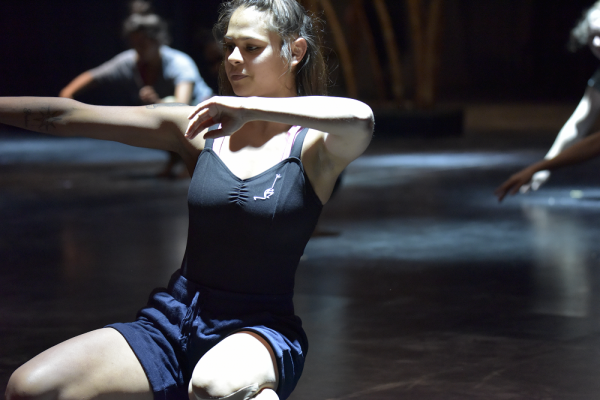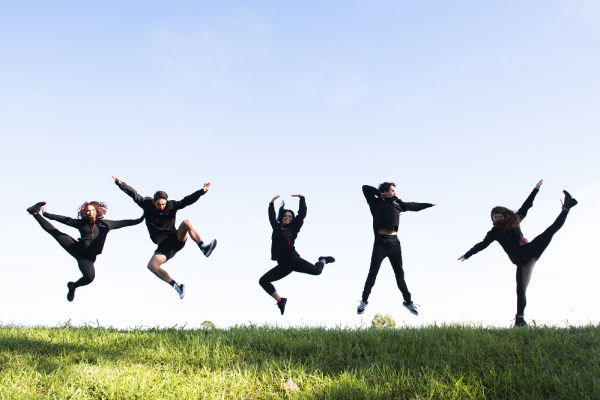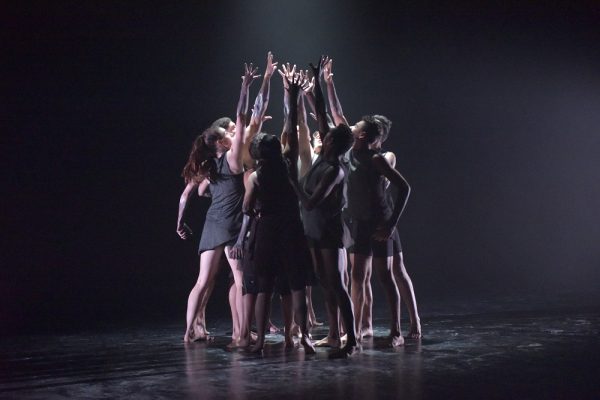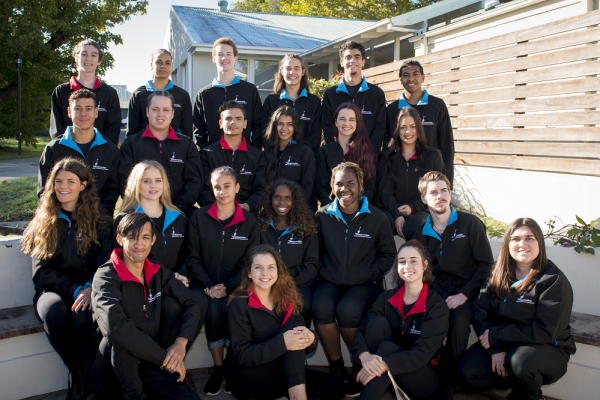NAISDA Dance College is Australia’s leading arts training organisation providing nationally accredited qualifications specifically for Aboriginal and Torres Strait Islander young people. We have a proud tradition of producing the next generation of Aboriginal and Torres Strait Islander performers since 1976.
NAISDA offers professional expertise and world class training facilities to deliver accredited training programs that are rich in cultural learning and practice. Located on Darkinjung land just north of Sydney, we provide a creative learning space designed to inspire and equip Aboriginal and Torres Strait Islander young people for the future. Our dance performance program is delivered by qualified trainers comprised of former principal dancers, respected choreographers and cultural tutors from diverse Aboriginal and Torres Strait Islander communities.
NAISDA places culture at the core of how we support and educate our young people. Our unique teaching model has been developed in powerful partnership with remote Communities and Elders. Their deep guidance and sharing of cultural knowledge, kinship and connection to Country empowers and shapes our young people with lifelong skills to articulate their own contemporary practice and build opportunity.
NAISDA students are known as Developing or Practising Artists while they undertake training. Many NAISDA graduates continue to play key roles both onstage and off at companies such as Bangarra Dance Theatre. The creative talents of Developing Artists are showcased each year at NAISDA’s performances and stage productions. The productions express our commitment to honour the world’s oldest living culture and share knowledge of Aboriginal and Torres Strait Islander dance, music, art and history with audiences from around the world.
NAISDA is a gathering place for people to come together and celebrate cultural practice, values and identity. It is a place to commemorate significant cultural events and ceremonies. It is a place of connection where we can exchange ideals and learn from one another in the spirit of reconciliation, cultural affirmation and inclusion.
It is a place where we dare to dance and tell the stories that cannot be told unless we move.




